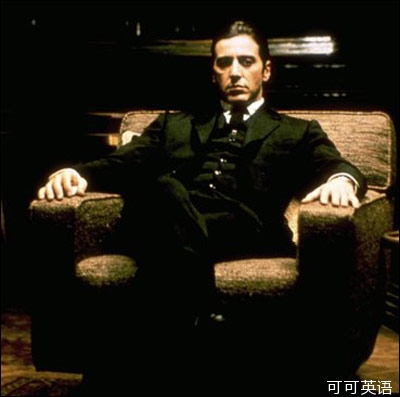(单词翻译:单击)

Telling a story is the most powerful way to activate our brains. If you want to become a better storyteller, UCLA Film School Howard Suber says you should keep in mind the word "but" and the theme that "things are not what they seem."
讲故事是激活我们大脑最有力的方式了。如果你想成为一名更棒的故事讲述者,加州大学洛杉矶分校电影学院的霍华德·苏伯认为,你应该记住“然而”这个词以及相应的主题“事情其实不是它表面看上去的那样”。
In an interview with Barking Up The Wrong Tree's Eric Barker, Suber says all great stories have the word "but":
在由埃里克·巴克撰写的“扒错了树皮”栏目访谈中,苏柏教授说,很棒的故事中都有“然而”一词(我为什么会试着翻译这么XX的文章。。大概是原帖的跟帖讨论有点谐音的乐趣——“lol作为伟大而无厘头的世界第一的美国人,我们都把but看成了BUTT !”,译者注):
Which is to say inexperienced or poor storytellers structure their material with the words "and" or "then." So "They did this, and then they did that, and then they did this, and then they did that," which produces an episodic structure that doesn't build on anything, and there's no relationship between what came before and what came after.
也就是说,那些缺乏经验或糟糕的写故事人,把他们的材料用“并且”或“然后”组织起来,所以“他们做了这个,然后他们去做那个,然后他们又做这个,然后去做那个。”这样写出的是没有建立在任何问题(矛盾冲突)上的情节结构,并且让先后发生的事件之间看不到任何关联。
Focusing on "but" rather than "and" when telling a story leads you to add a surprise or twist:
在写故事时专注于“然而”而不是“并且”会引导你加入惊喜或转折的情节:
So Michael Corleone is a cold-blooded murderer, but he does it for his family. Rick Blaine sticks his neck out for nobody, as he tells you three times, but then he does, and sacrifices the only thing he's ever really loved for the cause. It's precisely the fact that things are not what they seem that makes a story interesting.
“因此迈克尔·克里昂是个冷血杀手,然而他这么做是为了他的家人。”“里克·布里恩告诉过你三次,他绝不会为任何人白白冒险,然而,后来他这么做了,并为之牺牲了他唯一真心热爱过的东西。” 事实恰恰如此,让一个故事变得有趣的情节,是那些眼见也未必为实的事情。
BY:Marwormer


